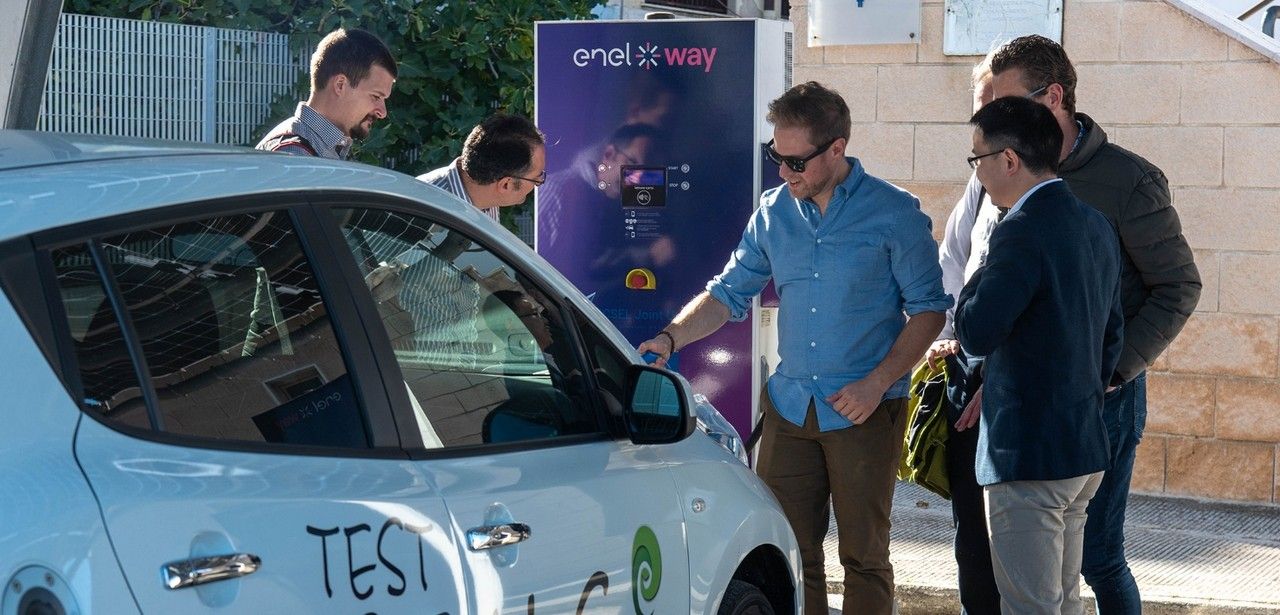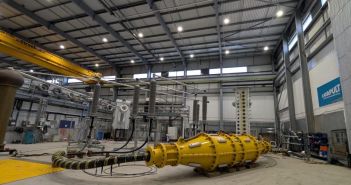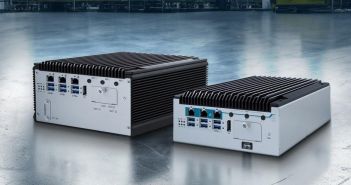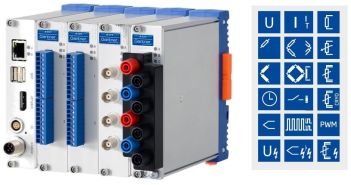The research project PROGRESSUS has demonstrated the potential of intelligent load and source management in existing power grids to handle the increasing share of green energy. With 22 project partners presenting their findings in Bari, Italy, various solutions were showcased to enable more efficient electricity usage while ensuring network stability. These advancements pave the way for a more sustainable and climate-friendly energy supply, reducing reliance on fossil fuels and protecting the environment for future generations.
Intelligent charging management enables significant increase in electric vehicle stations
One of the solutions presented in PROGRESSUS enables the operation of ten to fifteen times more charging stations for electric vehicles on a single power connection. This is a significant advantage considering the increasing number of electric vehicles and the corresponding need for charging infrastructure. By implementing intelligent charging management, peak electricity consumption can be reduced by up to 90 percent without significantly increasing charging times. Alternatively, an intelligent charging algorithm allows for the utilization of more charging stations on the same power connection.
The PROGRESSUS project introduced the concept of tracking electricity from generation to consumption, enabling consumers to prove their use of green energy. This innovative approach is a significant step towards decarbonization, as it helps reduce reliance on fossil fuels and protects the climate for future generations. By providing consumers with the ability to verify their electricity source, this solution promotes transparency and accountability in the energy sector.
Within the PROGRESSUS project, a major focus was on improving the efficiency of energy conversion and ensuring the security of network monitoring. Through the development of highly efficient electrical power converters, losses were minimized, and the integration of battery storage and renewable energy sources such as photovoltaics was achieved. Additionally, hardware-based security solutions were implemented to safeguard the critical infrastructure of the energy network against manipulation.
PROGRESSUS has demonstrated that implementing a shared energy management system across multiple buildings can significantly alleviate the strain on power grids. By simulating 16 buildings equipped with photovoltaic panels and energy storage systems, it was found that the peak electricity demand from the public grid can be reduced by an average of up to 80 percent through such a collaborative energy management approach, without compromising consumer requirements.
The findings of PROGRESSUS contribute to the development of new products and services that support the achievement of the European climate goals. With a funding of nearly 20 million euros, this research project represents a significant step towards a more sustainable and environmentally friendly energy supply. The results of PROGRESSUS pave the way for innovative solutions that will help us move away from fossil fuels and protect the climate for future generations.
The PROGRESSUS project has demonstrated that intelligent power management plays a crucial role in coping with the increasing share of green energy. By developing new technologies and solutions, the existing power grids can be made more efficient and stable. This represents a significant step towards a sustainable and environmentally friendly energy supply, helping to transition our modern lives away from fossil fuels and safeguard the climate for future generations.














